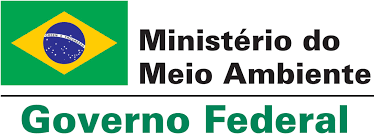Brazil seeks alternatives to cut off the use of pollutants found in transformers and other electrical equipment. According to the Minister of the Environment, Sarney Filho, as a federal deputy, the bill that addresses the
elimination of polychlorinated biphenyls (PCBs) was discussed in a public hearing on Tuesday with representatives of the federal government.
The public hearing was aimed at presenting the
damage caused by the use of the substance and the need for control rules. Decades ago, before being classified as persistent pollutants, PCBs were imported into the country for use as
electrical insulation. "T
oday, Brazil has been active and all sectors are attentive to this matter. But there is still a lot to be done, "said the director of Environmental Quality in the MMA Industry, Letícia Reis. "
This is an indispensable item for sustainable development."
ELIMINATIONThe control of these and other types of persistent pollutants is
part of an international treaty, the Stockholm Convention, already ratified on national territory in 2005. The draft Bill in the public hearing continues this process and establishes the
controlled elimination of PCBs and its waste by 2025. It also proposes the
decontamination and correct disposal of equipment containing the substance.
One of those involved with the issue, the electric sector participated in the public hearing to show the actions carried out on the agenda. The secretary of Electric Energy of the Ministry of Mines and Energy (MME), Fábio Lopes Alves, stated that
the use of the substance has been banned since the publication of a decree of 1981. According to him, however, it is necessary to define a method of
analyzing the content of the older equipment used to date.
KNOW MOREPCBs have been developed for use in transformers and capacitors installed in areas where fire and explosion hazards should be minimized, ie electrical substations located inside buildings, vehicles such as trains and ships, or in locations With frequent traffic of people.
UNOFFICIAL TRANSLATION OF www.ministeriodomeioambiente.gov.br
